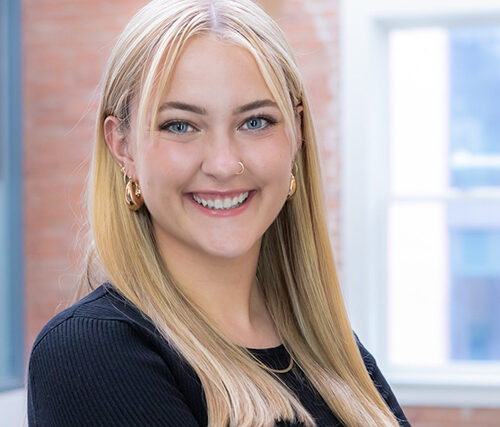Like everyone else in America, COVID-19 brought our world to a screeching halt last March. For litigators, it instantly meant that all Courts were closed, deadlines were postponed, and trials were impossible. Instead of juggling schedules between court appearances, depositions, mediations and trials, we were initially at home telecommuting and discovering creative alternatives how to handle the new covid challenges the pandemic created. How do you litigate your client’s case when you can’t see anyone in person or go to court? Gradually, we adjusted and learned to solve this problem in a variety of new ways.
With Courts closed in DC, Maryland and Virginia, civil jury trials became impossible for the foreseeable future or at best six months or more away. Consequently, we could not seek the ultimate resolution of “going to trial” that litigation offers. Early on, Courts in Maryland actually discouraged filings because it would require more staff to enter the building and risk more potential exposure to COVID. All of this can be frustrating to clients who want their cases to be heard in court. These delays usually resulted in additional discovery, additional motions or opportunities for settlement negotiations. Earlier this year, we had two extremely protracted and difficult cases which were destined for jury trials, settle, in part, because the parties preferred settlement to the unforeseeable future of actually getting to a jury perhaps sometime in late 2022. Last year and this year, we saw cases progress through zoom discovery, zoom court conferences and zoom mediation reach settlement despite the lack of reasonable access to civil jury trials in the courts.
The downside of the delays are increased litigation fees and expenses. Attorneys have time to investigate more facts or file more motions. We have a summary judgment motion that was filed in the summer of 2019 but hasn’t been ruled upon because of the shutdown. In that time period, the plaintiff worked feverishly to dredge up new facts to justify an amended opposition. This will inevitably require amended reply briefs from our office with additional factual investigation and legal research. Some of our cases have higher costs now because they weren’t resolved in the typical pre-Covid timeframe.
One positive note is the flexibility of the legal profession to innovate in these times. We’ve found new ways to communicate with clients over Zoom so that we can still make a personal connection without travelling. Attorneys and staff discovered that we can work from almost anywhere as long as you can connect to the internet. We think that at least some of the changes to the legal profession from COVID will be permanent such remote attendance at many depositions, court conferences, some mediation hearings. However, everyone is looking forward to some return to a “New Normal” with some opportunity for in person contact with our clients, other attorneys, judges and juries.
In March of 2020, the COVID-19 shutdown at first looked like an existential threat to traditional practice of litigation law firms. During the past surreal year of the pandemic, the courts and the bar have adjusted and managed to push through these challenges. Now, with the increasing availability of the Covid vaccines and light “at the end of the tunnel”, the profession should come out of it stronger and more efficient than it was before. Thankfully, we have survived the past year and we are all eagerly awaiting to return to the “New Normal”.
Copyright © March 2021 MCSHANE, P.C. All Rights Reserved.
Author Information

Terrence M. McShane
McShane PC Visit >
1211 Connecticut Ave, NW, Suite 425
Washington, DC 20036
tmm@mcshanepc.com
p: (202) 530-8102




